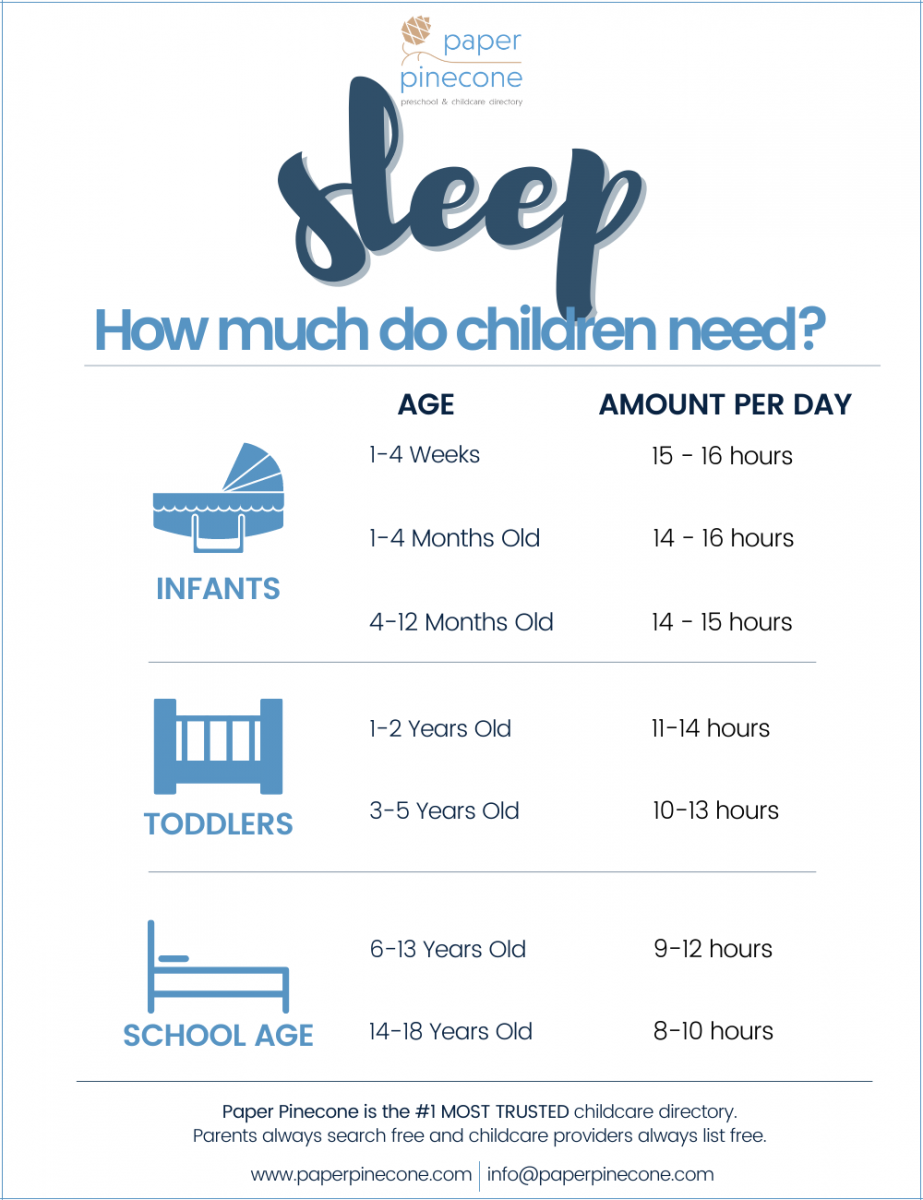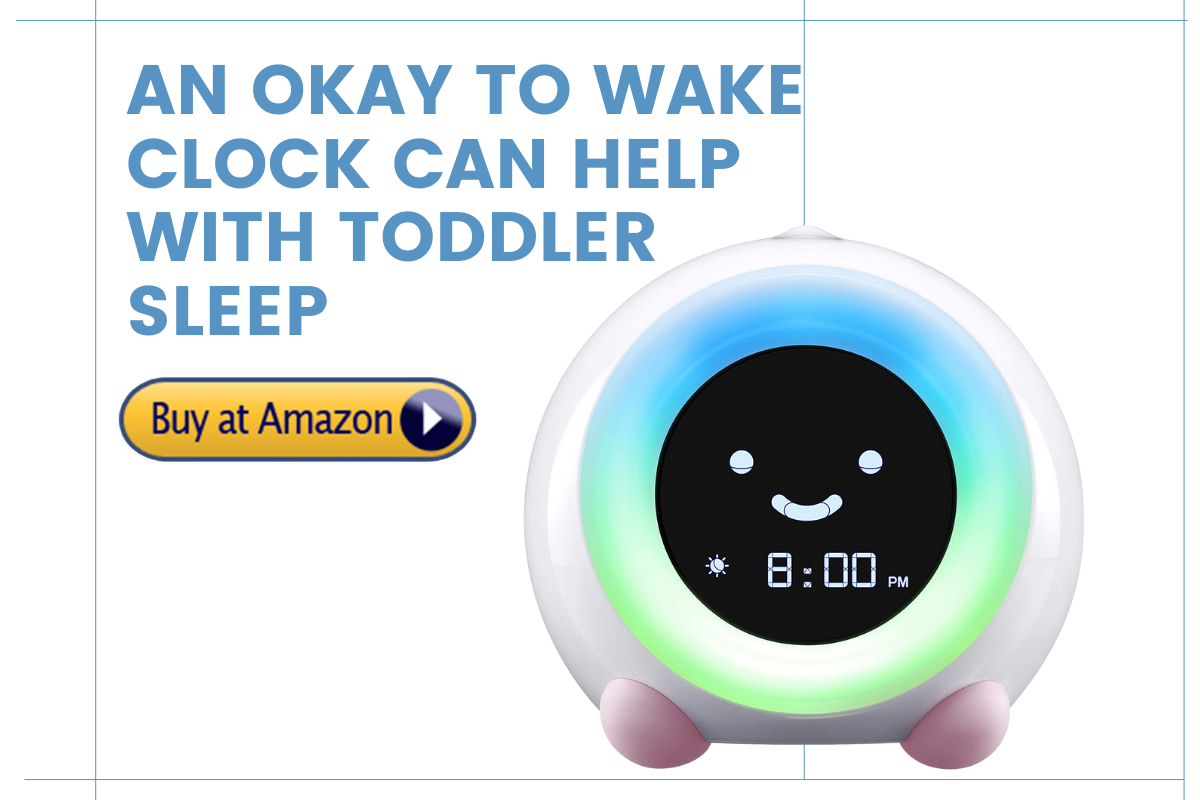10 Tips to Help Your Child Sleep Better

Published Date: 08/18/21
Follow these tips so your child can get a great night’s sleep
A great night’s sleep is important for everyone, but especially important for children who are rapidly developing both mentally and physically.
Why is sleep important for children?
We all know how sleep can affect a toddler’s mood. An overtired child will be cranky, prone to tantrums, and generally less agreeable than a well-rested one (true for adults as well!).
YOU’LL ALSO LOVE: THE FACSCINATING HISTORY OF SLEEP TRAINING
Beyond affecting your child’s mood, there’s significant research into how sleep impacts development.
- Pediatric research supports getting enough quality sleep for overall health. Lack of sleep puts children at greater risk of becoming overweight and developing diabetes.
- A study of toddlers demonstrated that children who get the most sleep had improved functions and skills over those who got less. That includes the ability to pay attention, stay on task, and set goals.

Late bedtimes for toddlers is linked to obesity
- One study correlated the frequency of daytime naps to vocabulary acquisition, finding that the number of daytime naps was positively associated with both predicted and receptive vocabulary growth.
- Daytime naps for preschool children have been shown to benefit the development of motor skills.
- A study in China found that children in grades 4-6 who took frequent naps after lunch were happier, performed better academically, and exhibited better behavior.
DON’T MISS: GETTING TODDLERS TO BED IS HARD – BUT YOU ALREADY KNEW THAT
How much sleep do children need?
The amount of sleep a child needs varies by age. Like adults, all children are different, so the exact amount of sleep your child needs is hard to predict. But there are ranges that are considered typical and they change by age.
Infants
1-4 Weeks Old: 15 - 16 hours per day
1-4 Months Old: 14 - 15 hours per day
4-12 Months Old: 14 - 15 hours per day
RELATED: WHY DO BABIES CRY AS SOON AS YOU PUT THEM DOWN?
Toddlers
1-2 Years Old: 11-14 hours per day
3-5 Years Old: 10-13 hours per day
School Age
6-13 years: 9-12 hours per day
14-18 years old: 8-10 hours per day
What can I do if my child won’t go to sleep?
There are many reasons a child may have difficulty sleeping, ranging from excitement for a specific activity, to an active imagination, to fear lurking in the dark, to lack of activity during the day.
Helping with sleeplessness:
- Use timeframes they understand to help them process information like, “Only 5 bedtimes until your birthday!”
- Use a nightlight or leave the door cracked to help with fear of the dark
- Move toys, furniture, and other objects that create shadows your child thinks are scary
- Listen for noises they may find scary and stop them, if possible, or use a white noise machine to cover them, if stopping them isn’t
- Pick up “monster spray” or make your own filling a spray bottle with water, a few drops of an essential oil, like lavender, and a drop of food coloring
- Use guided imagery to help reframe your child’s mindset
- Reassure your child that it’s okay to feel scared after a nightmare, but bad dreams cannot hurt them
- Don’t dismiss or downplay fears, or use empathy blockers – acknowledge their fears and remind them that even grown-ups are afraid of things
RELATED: THE MYTH OF SELF-SOOTHING
How can I help my child sleep better?
You know the importance of great sleep for children, but it isn’t always easy to get them to bed – or to get them to stay in bed. Here are 8 tips to improving your child’s sleep.
1. Create a bedtime routine
The first step to helping your child get a better night’s sleep is to create a bedtime routine. With a very young child or an infant, it may be as simple as singing some songs and having some cuddles before being put down in their crib.
Reading books to your children beginning from birth has tremendous benefits and is a great part of a bedtime routine and of course, a warm bath is a perfect wind down activity.
RELATED: THE BEST CHILDREN’S PICTURE BOOKS
With older children, it may be a family activity, like a board game, or giving them some quiet time alone, before turning out the lights.
Once you have come up with a bedtime routine, take some time to review it with you child, listing out all the steps in order. Maintaining a regular bedtime routine encourages the development of good sleep patterns. By being consistent, your child will become more familiar and confident with the routine, which will help them to feel more relaxed, leading to a better night’s sleep.
If bedtime power struggles emerge with your toddler, let your child have input into the routine – giving them a sense of control will help prevent fights when it’s time to say goodnight.

A consistent bedtime routine can contribute to sleep quality
2. Spend some quality time together
Spending some quality time together with your child before they go to sleep can be extremely beneficial. For many children, the quiet evening time with their caregiver is special and a lovely opportunity for some quality bonding to take place.
For children with parents who work outside the home, the evenings can be an especially important part of the day. They may have missed you and that can manifest itself as unsettled or even disruptive behavior, so taking the time to give them your full attention can make bedtime easier.
If you didn’t in the moment, it can also be an opportunity for you to use positive reinforcement to encourage more of the actions and behavior you’d like to see from your child. You can thank them for cleaning up their toys without a fight or tell them that you noticed how helpful they were to their sibling.
RELATED: POSITIVE DISCIPLINE WORKS BETTER THAN PUNISHMENT
With infants, you can spend a few minutes making eye contact, singing or talking to them.

Bust out the board games! Spending quality time with children can actually help them sleep better!
3. Relax and unwind
Children will be much more likely to have a good night’s sleep if they are relaxed and in a positive frame of mind before they go to bed. Set the tone of quiet, relaxing activities leading up to bedtime.
You can practice deep breathing and meditation exercises with them to encourage relaxation or put on soothing music and dim the lights.
4. Turn screens off
The light emitted from electronic devices can negatively impact children’s (and adult’s) natural circadian rhythms by inhibiting the production of two important hormones for sleep – melatonin and serotonin. Aim to turn off screens during the last hour of the day to help your child unwind.

Turn off those tablets at least an hour before bedtime.
Importantly, don’t use your own devices in front of your child, as you wait for him or her to fall asleep. This not only keeps your child awake, but they’ll also want to use it. Set an example by putting away your phone or tablet during bedtime.
RELATED: SCREEN TIME GUIDELINES FOR CHILDREN
5. Maintain regular bedtimes and wake times
A consistent bedtime routine is important for helping your child to get a good night’s sleep. Ideally, your child should aim to go to sleep and wake up at roughly the same time every day, give or take half an hour to an hour. This also applies at weekends and school holidays.
An okay to wake clock can help with appropriate sleep and wake times
Young children should be sleeping between 10 to 12 hours per night. If your child has to get up early to go to daycare or preschool, it’s important to factor this in and ensure that their bedtime is early enough so that they can get a full night’s rest.
6. Stay active
Daytime activities directly impact sleep patterns. The more active your child is, the more likely they’ll easily drift off to sleep at bedtime. In fact, one study found that for every hour a toddler spent in a sedentary activity, sleep latency was increased by three minutes.
Hit the playground, run in the yard, take the dog for walks…whatever you choose, make sure your child is getting at least the recommended three hours of physical activity throughout the day. Be sure to spread it out – your child is likely to crash after three straight hours of physical activity.

Tire those kids out for a great night's sleep! Getting enough physical activity on a regular basis will help children catch their zzzz's.
7. Avoid late naps
Naps are critical to a child’s development, but once they’re on a consistent sleep schedule, a late afternoon nap can absolutely ruin bedtime.
If your child naps regularly and misses a nap one day, avoid putting him or her down late in the afternoon. Instead, start bedtime a bit earlier than normal. It may mean you have a cranky child for a few hours that evening, but it’s better than a child who’s up late and cranky for the entire next day.
8. Check for light and noise in your child’s bedroom
Your child’s bedroom should be a space in which they feel safe, and which has positive associations with sleep. Check whether there’s too much light or noise in your child’s bedroom which could be disrupting their sleep. Avoid having any screens or lights in their room if possible. If using a night light, opt for a dim, warm-colored globe to help create a soothing environment that promotes sleep.

Keep the room dark to create a healthy sleep environment.
White noise can lead to better sleep for some children. Not only can it drown out ambient sounds, but it can also help create a relaxing, womb-like environment. Look for a sound machine that emits noise below 50 decibels – anything higher can cause hearing damage in an infant.
9. Create healthy eating habits
There’s an ongoing debate between parents and researchers – does sugar make kids hyper? Researchers say no, it’s likely that sugar-filled events are exciting, but parents will tell you otherwise.
Beyond sugar, some believe that food dyes can lead to sleep disturbances, and while research is mixed, if your child is having trouble sleeping, you can try reducing or eliminating artificially dyed food to help identify if that’s contributing to it.
RELATED: THE SCIENCE OF WHY KIDS HATE VEGGIES & HOW YOU CAN GET THEM TO EAT MORE
Other important factors when it comes to food and sleep:
- Hidden caffeine – even if your child isn’t drinking soda, caffeine is present in chocolate and even in some vitamins.

A child's diet can greatly impact sleep quality.
- Fatty foods – a study published in the Journal of Clinical Sleep Medicine showed that fatty foods before bed can have a negative impact on sleep quality.
- High glycemic index foods – foods with a high glycemic index - like refined starches and sugary foods, increase cortisol – the stress hormone – and that can disrupt sleep.
- Too much time between meals – spacing meals too far also causes cortisol levels to rise and stay elevated – ensure your child is eating small, frequent meals and snacking appropriately.
- Dinner too close to bedtime – big meals before bed means the body is active as it tries to digest the food, and this can lead to difficulty sleeping.
- Trace minerals – magnesium and calcium are key trace minerals that contribute to quality sleep, so ensure your child is getting the right amount.
RELATED: SPINMEAL PLATE SOLVES PICKY EATING
10. Stay positive
However frustrating it may be for you, avoid punishing your child for getting up during the night or waking up too early. Just like adults, they have nights where sleep will be easy and peaceful and others that may be disrupted. Stick to your bedtime routine and keep practicing. Consistency matters!
Conclusion
Some children need help improving their sleep quality and it can be a process which takes time. By creating a bedtime routine, you will help your child to begin to prepare for sleep more successfully each night. Remember to be consistent and stay positive. If you still have concerns, seek further advice from a pediatrician or a sleep specialist. Helping your child to develop good sleep habits early on will provide them with essential skills that they can use throughout their life.
ABOUT THE AUTHOR
Elizabeth Hines is an experienced digital marketer and content writer at UK Writings, where she writes articles about the latest tech and marketing trends, innovations, and strategies.
Paper Pinecone is the #1 most trusted childcare directory giving parents access to the best preschools and best daycares near you. Parents always search free and childcare providers always advertise free. Send inquiries about the best daycares and preschools to [email protected].
THIS POST MAY CONTAIN AFFILIATE LINKS
- stacey's blog
- Log in or register to post comments


